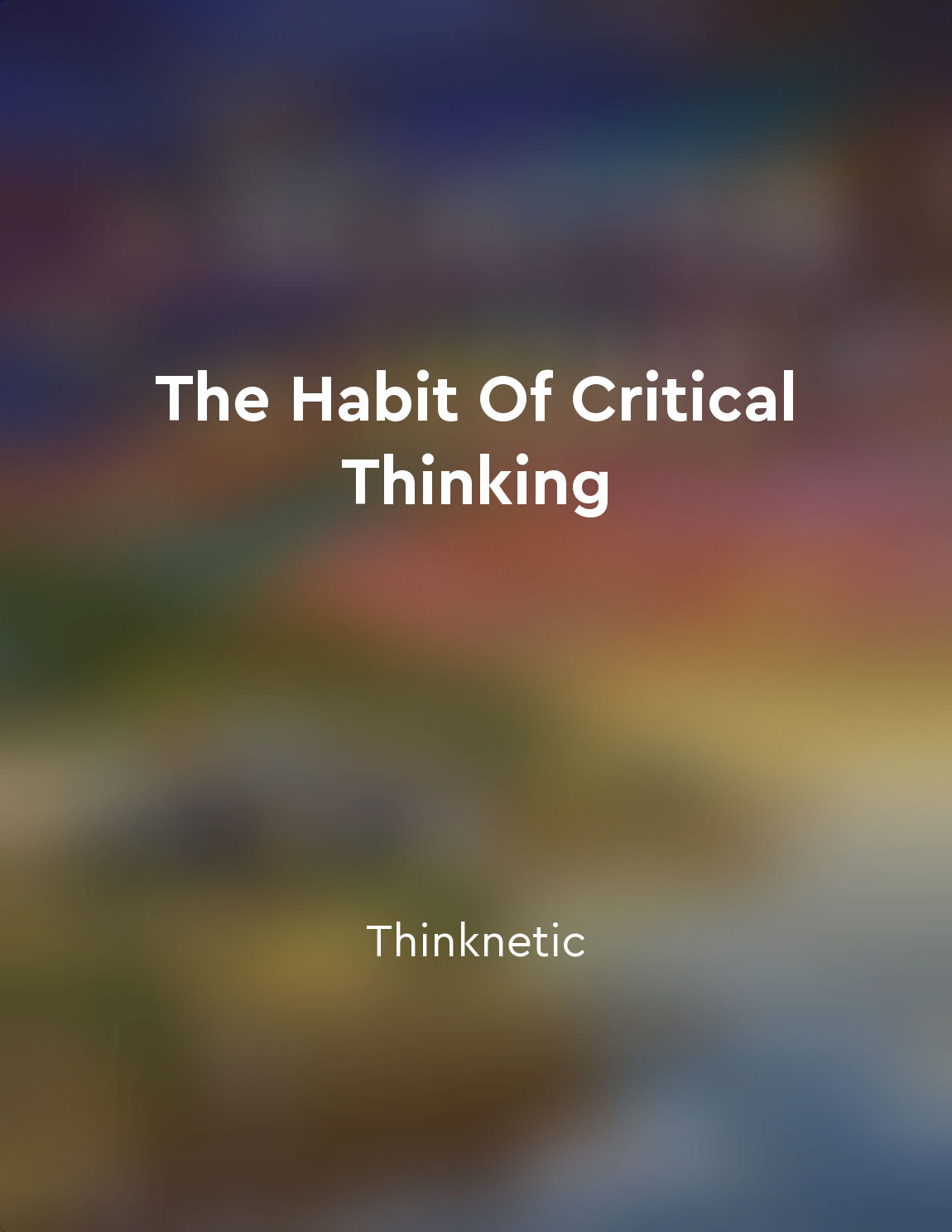Our decisions are not always rational from "summary" of Judgment in Managerial Decision Making by Max H. Bazerman,Don A. Moore
Human decisions are often believed to be the result of a rational thought process, carefully weighing the pros and cons of various options before arriving at a logical conclusion. However, the reality is far more complex. Our decisions are often influenced by a myriad of cognitive biases and psychological factors that can lead us astray from making truly rational choices. One of the primary reasons for this deviation from rationality is our reliance on heuristics, or mental shortcuts, when making decisions. These shortcuts allow us to make quick judgments without expending too much mental effort, but they can also lead to errors in judgment. For example, we may rely on the availability heuristic, where we base our decisions on the information that is most readily available to us, rather than considering all relevant information. In addition to heuristics, our decisions are also heavily influenced by emotions. Emotions can cloud our judgment and lead us to make decisions that may not be in our best interest in the long run. For example, we may make decisions based on how we feel in the moment, rather than considering the potential consequences of our actions. Furthermore, our decisions are often influenced by social factors, such as peer pressure or conformity. We may be swayed by the opinions of others, even if those opinions are not based on sound reasoning. This can lead us to make decisions that are not truly in line with our own beliefs or values.- It is important to recognize that our decisions are not always rational. By understanding the various factors that can influence our decision-making process, we can strive to make more informed and thoughtful choices. While we may never be able to completely eliminate biases and emotions from our decision-making, being aware of their impact can help us make better decisions in the long run.
Similar Posts
Capitalism is characterized by private ownership of resources and competitive markets
In a capitalist system, individuals and businesses have the freedom to own and control their own resources. This means that pri...
Planning for financial emergencies is crucial
The importance of preparing for unforeseen financial emergencies cannot be overstated. Life is unpredictable, and unexpected ex...
Finding the middle way allows for balance in all aspects of life
The idea of finding the middle way is deeply rooted in ancient Chinese philosophy. It is a concept that emphasizes balance and ...
Avoid falling prey to manipulation tactics used by others
In this life, we are constantly surrounded by individuals who seek to exert influence over us. These people may have ulterior m...
Burnout is common
The modern workplace is a breeding ground for burnout. The combination of long hours, unrealistic expectations, and constant pr...
We tend to demonize those with opposing moral views
We have a natural tendency to see the world in terms of good versus evil, and this tendency is amplified when it comes to moral...
The importance of defining success in relationships
Chuck Klosterman argues that one of the key elements in any relationship is the ability to define success. He emphasizes the im...
Understand the principles of psychology
To truly grasp the principles of psychology is to understand how people think and behave in various situations. It involves del...
Attunement is the ability to understand others' perspectives
Attunement, the crucial skill of understanding others' perspectives, is a fundamental trait that allows one to connect with peo...

Cultivate curiosity
Curiosity is a powerful force that drives us to seek out new knowledge and understanding. It is the spark that ignites our desi...

